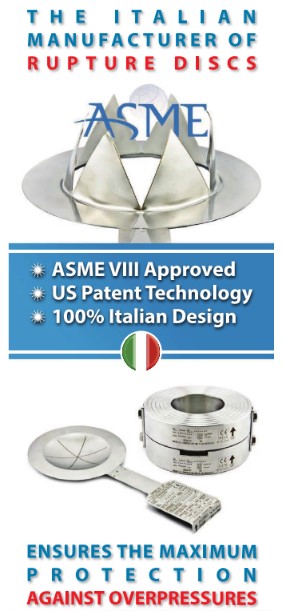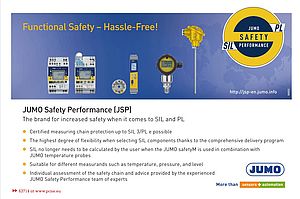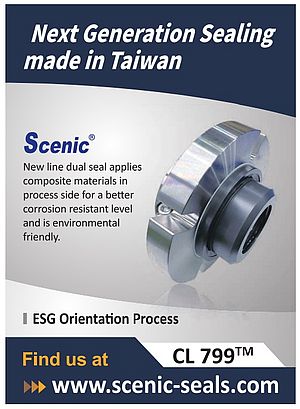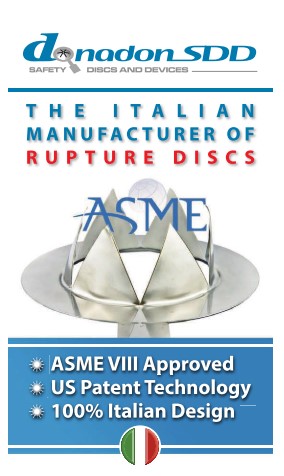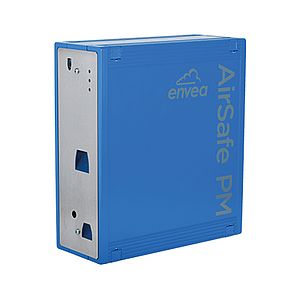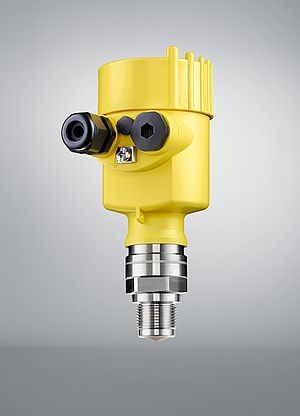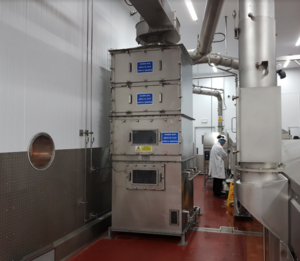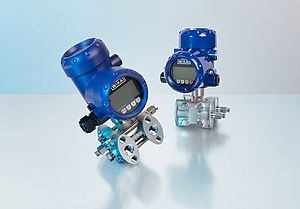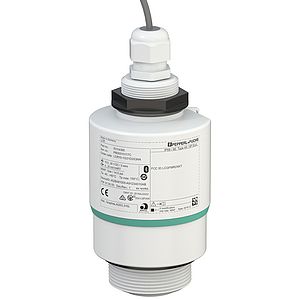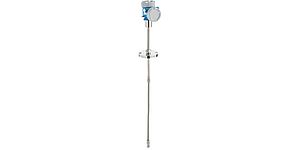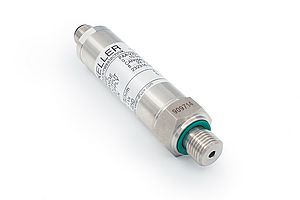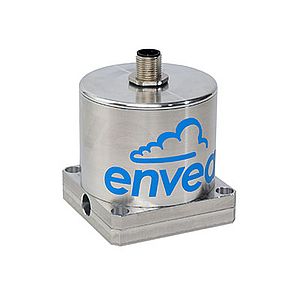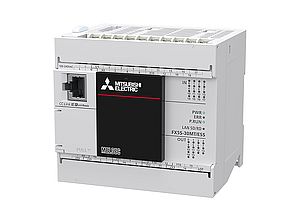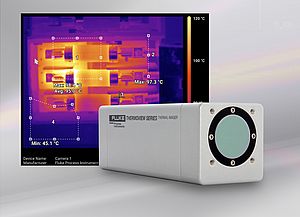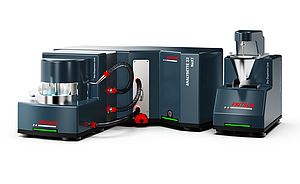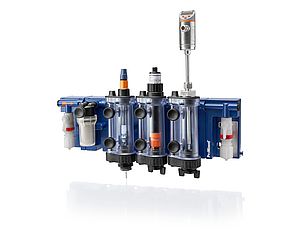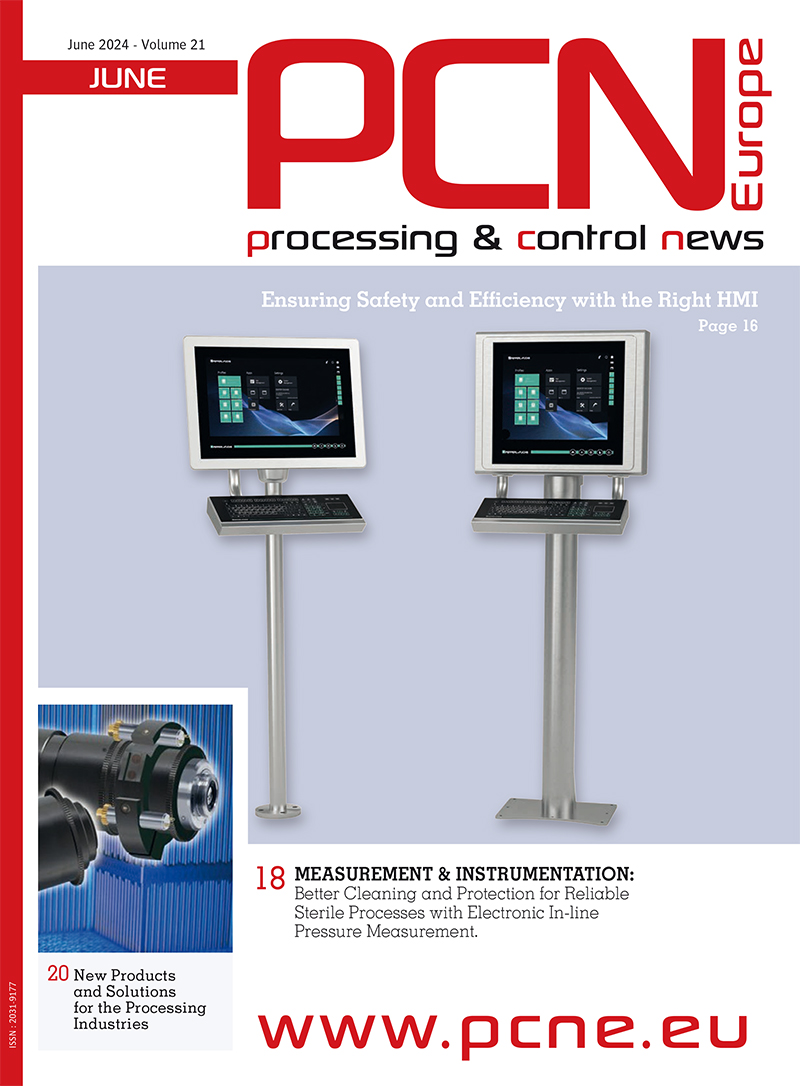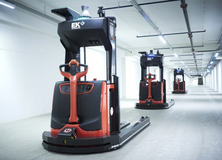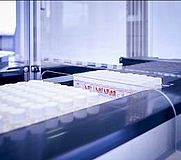Recovering crude oil from plastic: British company Mura Technology (Mura) is pursuing this goal with the HydroPRS™ process to advance the circular economy of plastics – a concern also shared by motion plastics specialist igus®.
Since 2020, igus has been supporting Mura’s project as an investor. The first HydroPRS plant for the chemical recycling of plastic waste is currently being built by Mura’s subsidiary ReNew ELP in Teesside, England. The recycling pioneer is making significant progress and will commission the plant in early 2023.
Construction of the HydroPRS plant began in April 2021. The process enables the recycling of unsorted plastic waste with a low carbon footprint. HydroPRS is insensitive to organic contaminants such as paper and food residues, making a wide range of plastic waste suitable as feedstock. The plastic is shredded and cleaned of contaminants such as glass, stones, and metals in the company’s materials processing plant. ReNew ELP continues to make significant progress on the plant’s construction. However, the Corona pandemic and raw material shortages have impacted the project, as they have in other sectors of the economy. Following excavation and civil engineering work, most of the work in recent months has been pouring concrete to build the foundations and substructures for the buildings and facilities.
Capacities to be further expanded
The goal is to start up the ReNew ELP site in early 2023. In the first phase, the plant’s capacity is 20,000 tons, which will be increased to 80,000 tons annually. By comparison, the Great Pacific Garbage Patch, the largest accumulation of ocean plastic in the world, located between Hawaii and California, currently consists of approximately 80,000 tons of plastic waste, according to researchers’ estimates.
In the future, more HydroPRS facilities will be built worldwide – including Germany. Several possible sites have already been identified. One of them is currently in development and is expected to go into operation by 2025.
The planned plants in Germany have a processing capacity of 50,000 to 100,000 tons per site. Mura’s business model includes sites in the UK, Europe, and the US and global licensing opportunities through Mura’s partner KBR. In the meantime, further partners such as DOW Chemical, Chevron Phillips Chemical, and Mitsubishi Chemical have joined. igus has been a partner of Mura since as early as 2020 and has invested 5 million Euros in the project.
Together for more sustainability
But Mura is going one step further and actively driving the development of this new industry sector by working with policymakers and other stakeholders. Mura is working with suppliers to supply the HydroPRS plant with plastic waste. These collect plastic waste from households and cities and deliver it to Mura in the future. To highlight the positive environmental impact of its HydroPRS plant at Wilton, Mura is also working with independent partner Warwick Manufacturing Group (part of the University of Warwick) on a lifecycle analysis of the plant, which is due to be published in autumn 2022.
“We know the great possibilities of this breakthrough technology and are supporting Mura to help chemical recycling make a breakthrough. Together, we want to drive the circular economy of plastics to conserve precious resources and raw materials,” says Frank Blase, Managing Director of igus GmbH.
















